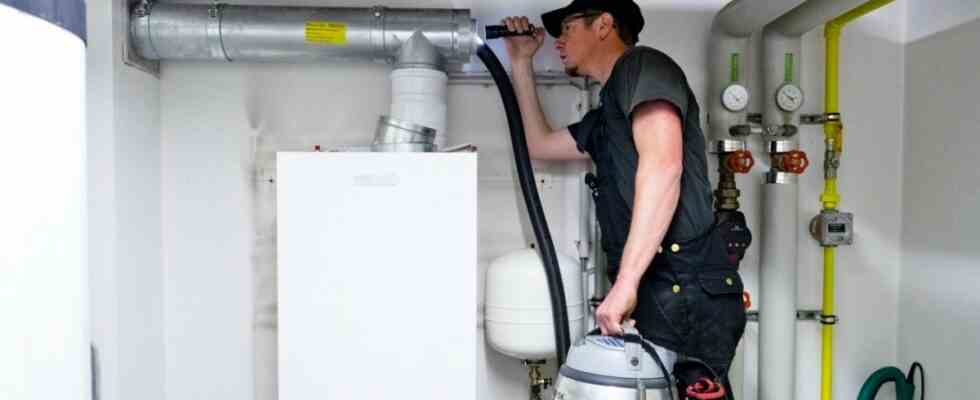“You’ll never walk alone,” the Chancellor promised the Germans. But the traffic light would have to act quickly, because the many needy people in Germany cannot bear inflation, energy prices and now also the gas levy on their own.
It was a big promise that the chancellor made a week ago. No one is left alone with their problems in the Ukraine crisis, he said during a crisis appearance on Friday a week ago. Olaf Scholz’ promise to unsettled citizens was reminiscent of the words that the Italian Mario Draghi, as head of the ECB, used to calm bank customers all over Europe during the 2012 financial crisis: “Whatever it takes”.
But instead of a sentence for eternity, Scholz only delivered one line for a week. His message didn’t catch on. And as early as Thursday, the government made it clear that quite a few Germans would first have to go through the crisis on their own. Vice-Chancellor Robert Habeck announced a gas levy to save struggling corporations, which will cost households from October with around 500 euros, if things are going badly even with 1000 euros annually – in addition to the gas tariffs, which are rising anyway. The Greens politician conceded that the state would not be able to relieve everyone of this burden.
The state currently has to shoulder too many problems that are too big
The state is making it clear that in a crisis of this magnitude it cannot act as a savior and relieve the Germans of every burden. Aid for the economy, military aid for Ukraine, billions in new expenditure for the German armed forces, the fight against imminent bankruptcies in the energy sector – the tasks are simply too great. Especially since the problems are getting worse. The growth is zero. The number of unemployed is increasing. Inflation in Germany remains high.
This also requires the solidarity of those who can bear the higher gas prices. It is bitter that the Germans are now having to pay a literally high price for the failed energy policy of the past few years, for being too dependent on Russia and for the sluggish expansion of renewable energies. For many well-earning or even wealthy Germans, the new gas levy can be shouldered without state aid. The fact that higher gas prices reach customers is definitely a matter of political calculation. This should motivate citizens to save more energy. The government wants to steer the country through the winter without shortages.
The coalition must end its bizarre dispute over higher basic security
But the chancellor’s big promise was to apply unconditionally to the country’s poor. So far it hasn’t. The government leaves it open how, for example, low earners are to shoulder the high additional costs caused by inflation and energy prices. Better protection against dismissal or a little more housing benefit, as announced by Scholz, will not be enough. The state must quickly decide on lump sums for households with low incomes and significantly increase basic security. The traffic light coalition should end their bizarre dispute over higher rates and finally act decisively.
It’s high time the government stepped up its pace. The political dynamics are no longer keeping pace with the dynamics of the burdens. The fact that the chancellor wants a summit of business, trade unions and politics to consider which relief measures can be implemented at the turn of the year in September no longer reflects reality. Autumn will already be expensive for the Germans. The poor in Germany must not then become even poorer, the social division must not become even greater. Otherwise, Vladimir Putin’s plan to divide society would probably work.

